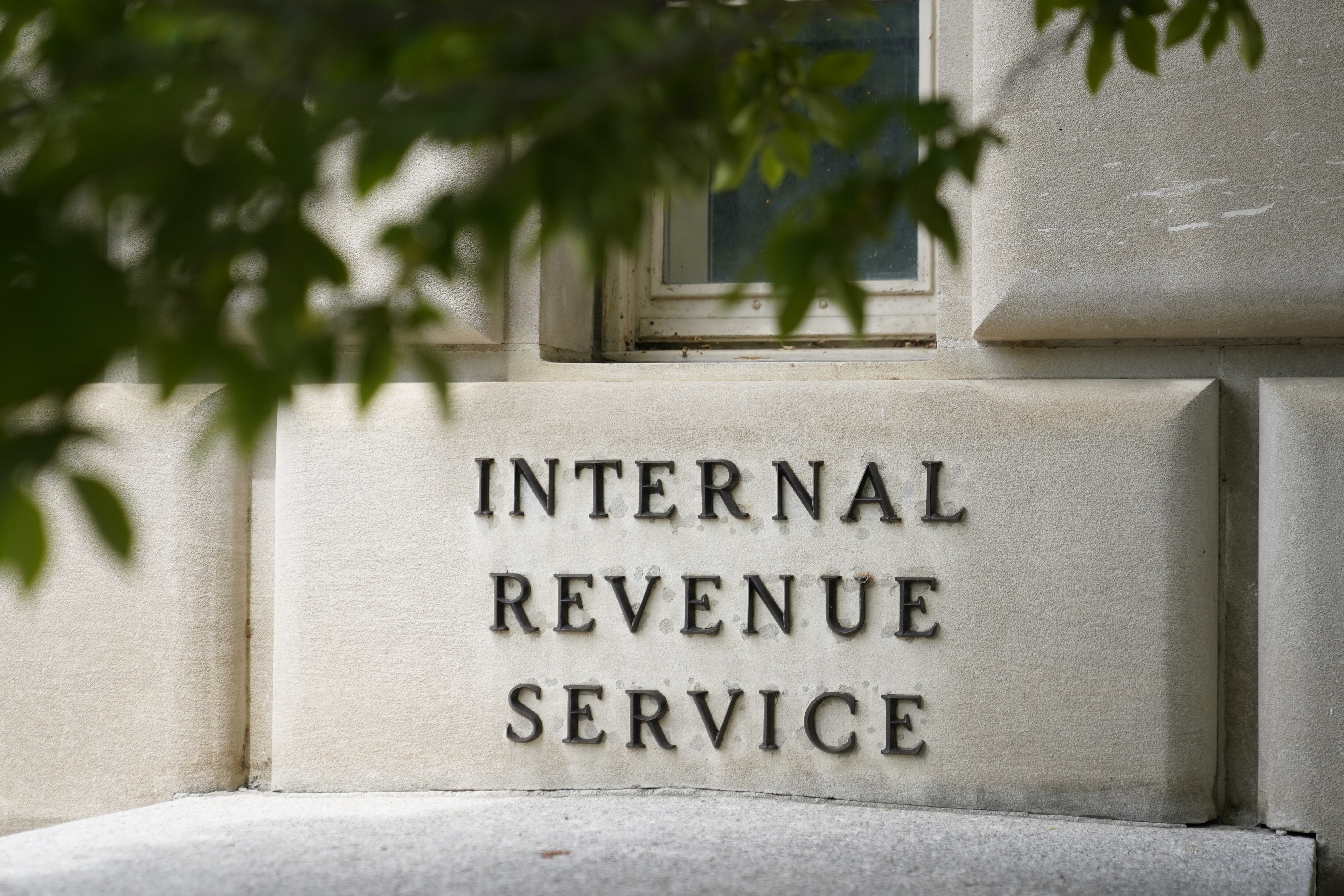Poor, Minority Areas More Likely To Have Paid Tax Preparers, Report Says

Counties with a higher proportion of low-income or residents who are Black or Hispanic are more likely to also have storefront offices of paid tax preparers, according to a new report.
Paid preparers can often make mistakes in filing that can lead to errors or smaller refunds, and often leverage their services to charge high fees that offset cash from things like the Earned Income Tax Credit, wrote Portia Allen-Kyle, chief advisor at Color of Change, a racial justice group, in conjunction with Better IRS, a group supporting free, direct tax filing.
Advertisement
“Their preying on EITC claimants is not by accident or coincidence; exploiting low-income taxpayers is core to the business model of these companies,” Allen-Kyle wrote.
“Given the eligibility requirements for the EITC, these taxpayers often are in economically precarious positions and can fall prey to unscrupulous practices such as payday lending products that advance claimants their tax refund if they agree to let the tax preparation company skim off the top.”
By cross-referencing an IRS list of preparers, the annual IRS Statistics of Income data book on how returns are filed, and U.S. Census demographic data, Allen-Kyle found paid preparers more prevalent in counties with certain demographic features.
For example, she found counties with more Black taxpayers and EITC claimants had 7% more Liberty Tax and 14% more Jackson Hewitt locations, two major chains in the paid tax preparation industry.
Advertisement
She also said counties with more Hispanic taxpayers and EITC claimants had 11% more Liberty Tax locations, 8% more Jackson Hewitt locations and 5% more H&R Block locations.
The Earned Income Tax Credit, a tax break that reduces the federal income tax bill for working class taxpayers, has been criticized by Republicans for a long time for having high error rates.
The Government Accountability Office found EITC payments made up 7% of all improper federal payments in 2022, payments that shouldn’t have been made at all or were the wrong amount. While large, the proportion was not as big as the Paycheck Protection Program’s, which was 12%.
Allen-Kyle’s study suggested many of those EITC errors could be traced back to paid preparers.
A GAO study in the early 2000s found error rates on EITC returns were as high as 94%. A more recent study in 2014 by GAO visited 19 unenrolled preparers — the majority of preparers and not subject to IRS regulation — for tax prep and found only two did the taxes correctly, with the rest having errors ranging from an underpayment of $52 on a refund to an overpayment of $3,718.
Paid preparers can also charge high fees or induce customers to get pre-refund checks or loans that reduce the size of their EITC. A Progressive Policy Institute study in 2016 found low-income taxpayers in Washington, D.C., and Baltimore were charged prep fees as high as 22% of the size of their EITC amounts.
Advertisement
Tax prep firms have often argued the terms of such products are made clear when they are offered and are subject to strict disclosure regulations. They also say they can provide customers with convenience by getting them money faster.

Comments are closed.